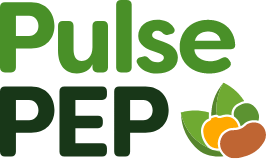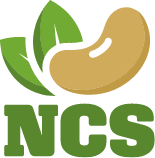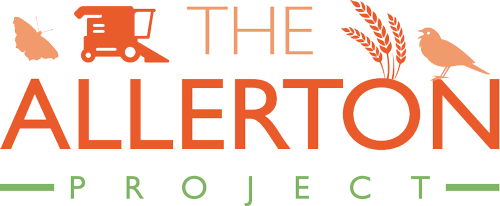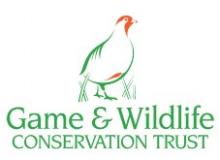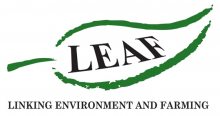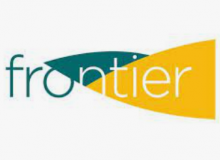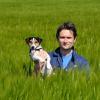We identify management that delivers multiple benefits for our rural landscape. Our work covers natural capital accounting, agri-environment schemes and regenerative farming systems. From soil and water, to woodland and environmental habitat that increases biodiversity, our aim is to build farmland resilience. Our own research team collaborate with other research organisations and help co-supervise numerous PhD and MSc projects.
Visitors to the project include businesses, policy makers, non-government organisations, regulators, farmers, advisors, students and schools. We have several initiatives that involve the local community to help improve a shared understanding of agricultural and environmental issues.
Commercial farming and environmental rejuvenation will be successful with considered policy and interventions from those that manage our countryside. In essence, the Allerton Project is an award winning, pioneering blueprint for future rural landscapes.
Training
The Allerton Project also provides training courses. New for 2023, the Sustainable Land Management course interactively teaches above how to improve on-farm biodiversity, manage natural resources, and community engagement to move your farm towards a more sustainable future.
Read more here.
Projects
The research team at The Allerton Project collaborate with companies and research organisations across the country and throughout Europe.
We help co-supervise numerous PhD and MSc projects and share results of our research through advisory and educational activities.
Here are some of our projects.
Research
For more than 30 years the Allerton Project has been at the cutting edge of research into sustainable farming methods, biodiversity & habitat creation, and rural landscape management. Combining our modern, productive farm with a full-time research team we have the scope to conduct research into agri-environmental issues at a range of scales, from experimental plot to whole-landscape. Some of our long-term trials have datasets stretching back for three decades, giving a unique level of granularity and detail.
Find out more here.
Watch the short introductory video below to find out more:

